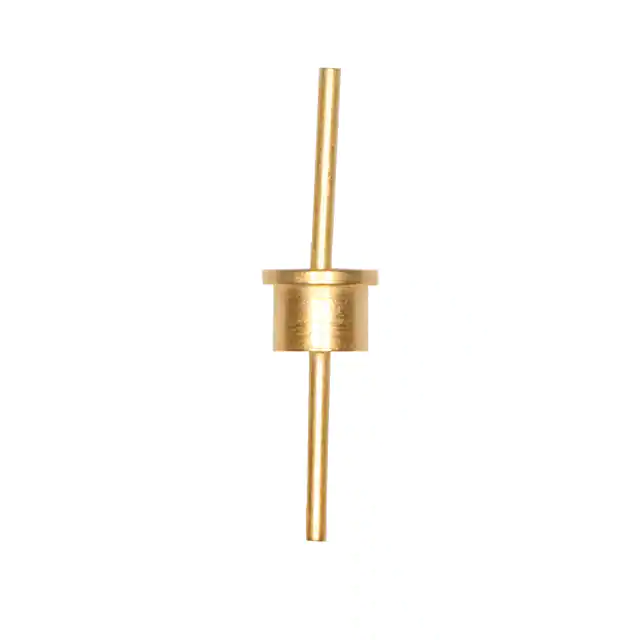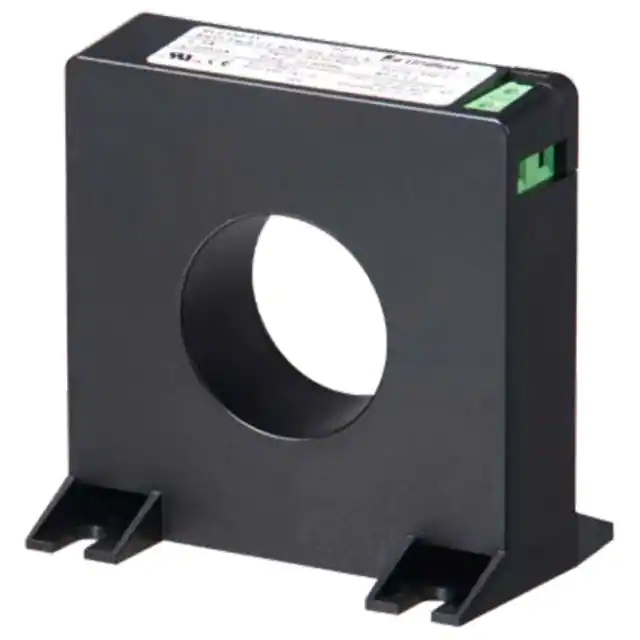The ZSC31050FIG1-T is a CMOS integrated circuit for amplification and sensor-specific correction of bridge sensor signals. The device provides digital compensation of sensor offset, sensitivity, temperature drift and non-linearity by a 16-bit RISC microcontroller running a correction algorithm. The ZSC31050FIG1-T accommodates virtually any resistive bridge sensor (e.g., piezo-resistive and steel-membrane-based pressure sensors). In addition, the device can interface to a separate temperature sensor. The bi-directional digital interfaces (I2C, SPI, ZACwire™) can be used for a simple PC-controlled calibration procedure, encompassing writing and programming a set of calibration coefficients into an on-chip EEPROM. The ZSC31050FIG1-T has been designed for industrial, medical and consumer applications and is specifically suited for most pressure sensors. It can also be used with force, torque, acceleration, angle, position and revolution sensors.
Feature
- Digital compensation of sensor offset, sensitivity, temperature drift and non-linearity
- Accommodates nearly all bridge sensors via PGA and programmable ADC
- Capable of conditioning bridge sensor signals ranging from 1 to 275mV/V
- Sensor connections check and aging detection
- Temperature compensation via internal diode, external diode or bridge sensor element
- Output options: voltage (0 to 5V), current (4 to 20mA), PWM, I2C , SPI, ZACwire™ (one-wire interface), alarm
- Adjustable ADC resolution (up to 15-bit) versus sampling rate (up to 3.9kHz)
- Selectable bridge excitation: ratiometric voltage, constant voltage or constant current
- Input channel for separate temperature sensor
- Operation temperature range, depending on product version, up to -40°C to +150°C
- AEC-Q100 qualification (temperature grade 0)
- Supply voltage: +2.7V to +5.5V, with external JFET: 5 to 40 V
- Available in SSOP16 or as die
(Picture: Pinout)













